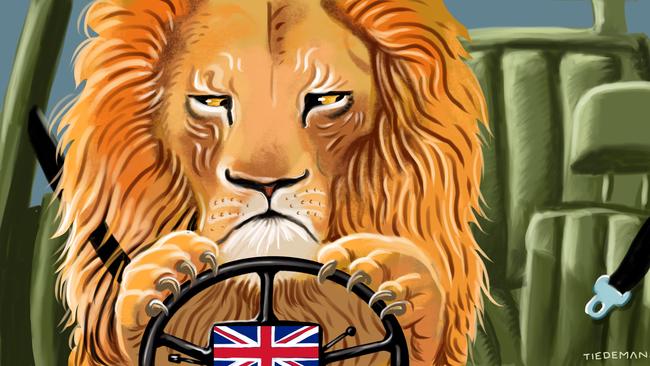
Obviously, it would be absurd to judge the outcomes on the basis of a few hours’ experience. There are, however, good reasons to believe Britain’s departure from the European Union will neither trigger its doom nor restore its glory.
To say that is not to deny that EU membership had significant impacts on Britain’s prosperity. But in narrowly economic terms, the UK may have timed both its entry and its exit relatively well.
When the UK joined what was then the European Economic Community 47 years ago, the trade barriers between the EEC and the rest of the world were more than twice as high as they are today. Even the countries of the European Free Trade Association, of which Britain was a founding member, faced significant costs in exporting to the EEC. And the initial effect of the 1986 Single European Act was to make the difference in market access between members and non-members even greater, as it took more than a decade before the liberalising moves it triggered were extended more broadly.
Accession therefore encouraged a sustained expansion in Britain’s trade with its new continental partners. By the turn of the 21st century, those flows were some 20 per cent larger than they would have been had Britain simply remained in EFTA.
In turn, greater trade intensified competition in British markets, forcing the chronically inefficient, highly unionised manufacturing firms which had dragged down Britain’s productivity performance to lift their game or disappear.
As those effects played themselves out, the far-reaching liberalisation of trade in services which occurred with the implementation of the Single European Act provided an enormous boost to industries such as banking, insurance and professional services in which Britain had a longstanding competitive advantage.
Combined with the shake-out in manufacturing, the rapid expansion of those service industries led to an acceleration in aggregate productivity growth, halving the gap in total factor productivity levels between Britain and its major trading partners.
The effects, however, were not solely due to trade. Rather, Margaret Thatcher, once she became prime minister, used the UK’s obligations as an EU member to reshape domestic policy.
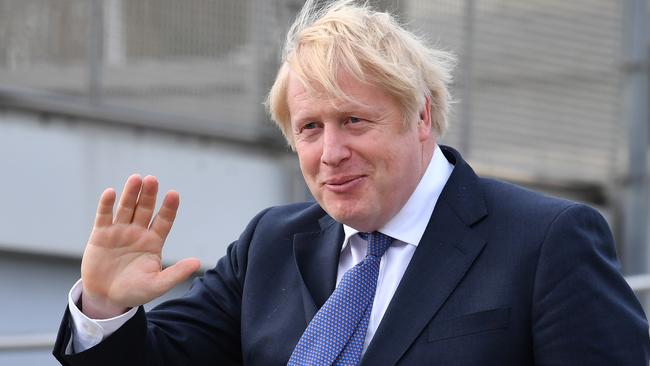
The EU’s prohibition on trade-distorting subsidies was cited, for example, as a reason for dismantling the enormously costly policies Labour had put in place to keep the coal, steel and auto industries going, while the need to enforce the EU’s competition rules helped justify a much tougher stance on cartels and anti-competitive mergers.
Subsequent governments followed suit, aggressively promoting trade liberalisation within the EU and then relying on the commitments they had made in Brussels to dismantle restrictions which shielded British firms in industries such as road haulage and aviation from domestic and foreign rivals.
Taking all those factors together, it seems likely that membership increased Britain’s GDP by about 10 per cent. Even assuming that net British payments to the EU, the Common Agricultural Policy and other regulations reduced GDP by as much as 2 per cent, the benefits Britain derived were five times greater than the costs.
However, the gains decreased steeply over time. Within Britain itself, the trade-induced acceleration in productivity growth largely ceased as the chronically inefficient sectors shrank into insignificance and the more efficient ones reached the limits of their expansion. At the same time, the straitjacket of the Euro, and the misguided policies of the European Central Bank, constrained growth in the eurozone, reducing the significance of European markets.
And as economic growth slowed, domestic politics in the eurozone became increasingly fractious, making Europe’s already cumbersome decision-making processes even more dysfunctional. The inability to reach consensus on issues such as immigration and refugee flows further heightened the tensions, strengthening centrifugal pressures.
As a result, while the formation of the EU led to sustained convergence in income levels between member countries, the more recent period has witnessed substantial divergence.
Increasingly, membership matters far less than domestic policy choices in determining economic performance.
For example, Italy, which largely failed to tackle the impediments to its long-term growth, is on the verge of collapse, while Ireland, which slashed company taxes and worked hard to attract foreign investment, prospered, despite the enormous costs it bore in the global financial crisis.
In exactly the same way, how Britain fares, be it within the union or outside of it, will depend on the decisions it takes.
The most pressing issues involve Britain’s future trading relationships. No doubt, reaching a final agreement with the EU will be complex and contentious. But the EU’s barriers to external trade are much lower than in 1973, meaning there is less at stake. Moreover, much of the difficulty in trade negotiations arises from the differences between countries in the initial level and structure of their tariff and non-tariff barriers. Almost uniquely, Britain and the EU start from a position of complete equality, which should make the process easier.
And accompanying that process by aggressive liberalisation of non-EU trade could increase Britain’s GDP by almost 1 per cent while sharply reducing the prices of the goods that weigh most heavily on the budgets of low-income families.
There are, however, also plenty of purely domestic policy issues which need to be tackled for Britain’s economy to flourish.
For instance, Britain’s land use policies are among the most restrictive in Europe, artificially raising housing prices in South East England, preventing geographical mobility out of slow-growth areas and entrenching social disadvantage.
Equally, schools continue to perform poorly, particularly for children from low-income families, with the result that inadequate training accounts for a quarter of the large and persistent gap in labour productivity between Germany and Britain.
And energy and climate change policies are as socially damaging as they are economically irrational.
Whether the shape of politics post-Brexit will allow those problem areas to be addressed is an open question.
The most likely outcome is that normal politics will resume, albeit with Scotland descending into one of those “pantomimes of noisy inaction” which led Pope Pius II to declare in the mid-15th century that “nothing pleases the Scots more than abuse of the English”.
What has changed, however, is that British governments will no longer have anyone else to blame for their failures: as of 11pm on Friday, the country’s future became a choice, not a fate.
Brexit might, in other words, force Britain’s leaders to once again behave as responsible adults. And as 1066 and All That, immortally put it, wouldn’t that be “A Good Thing”?



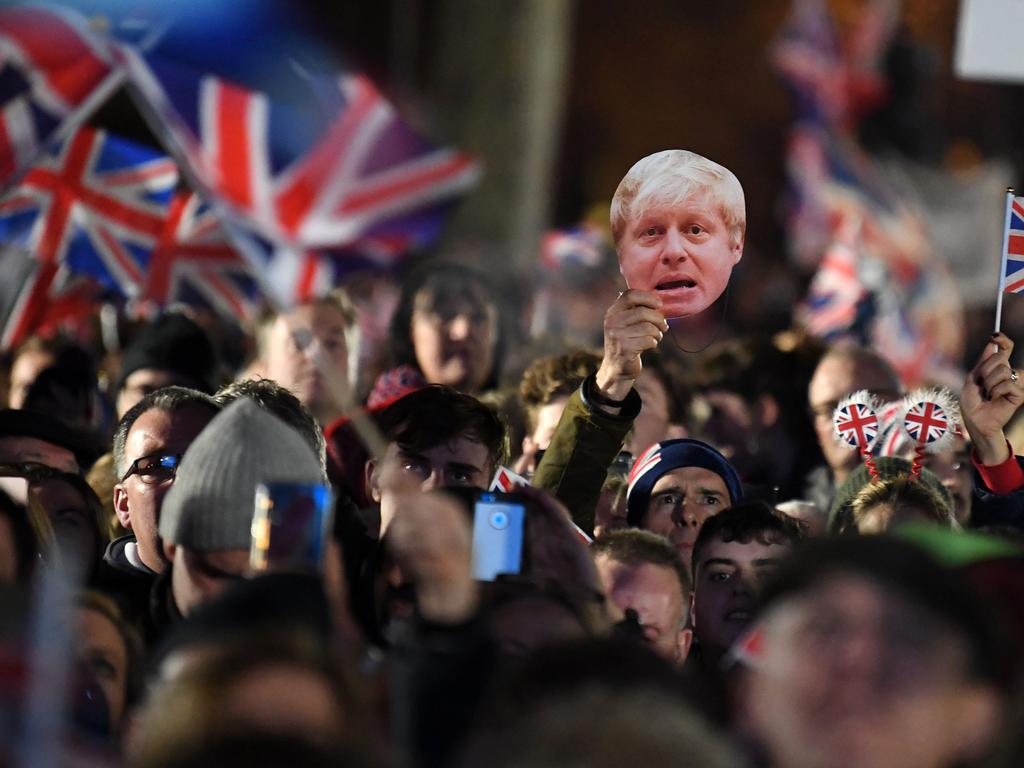
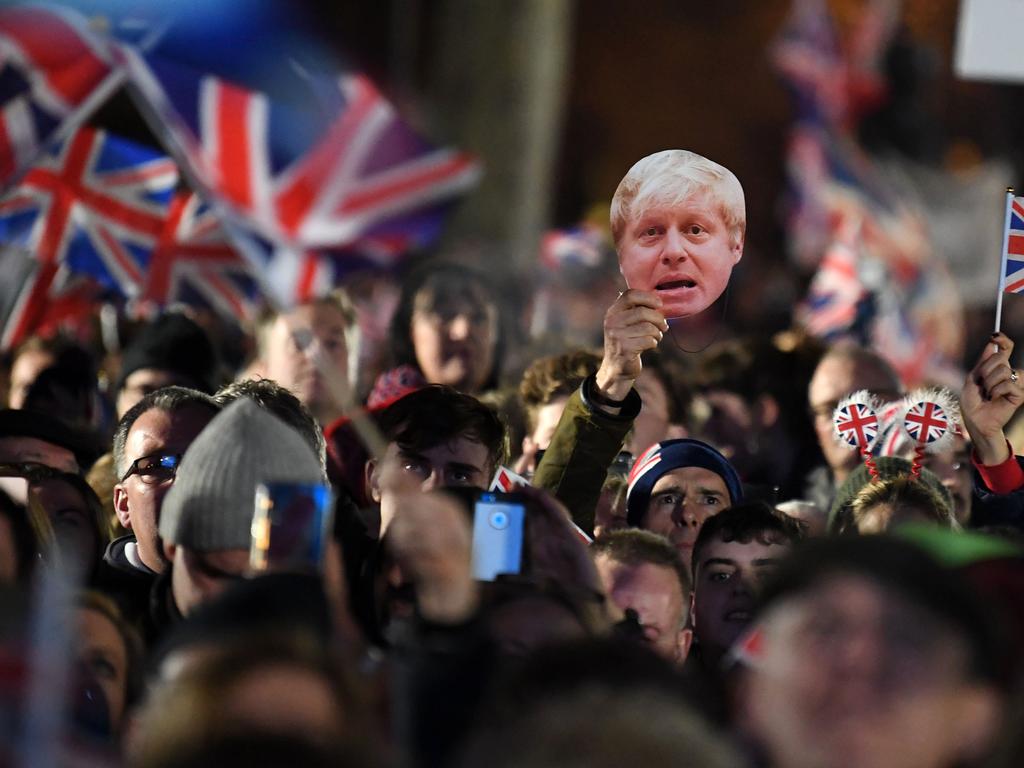
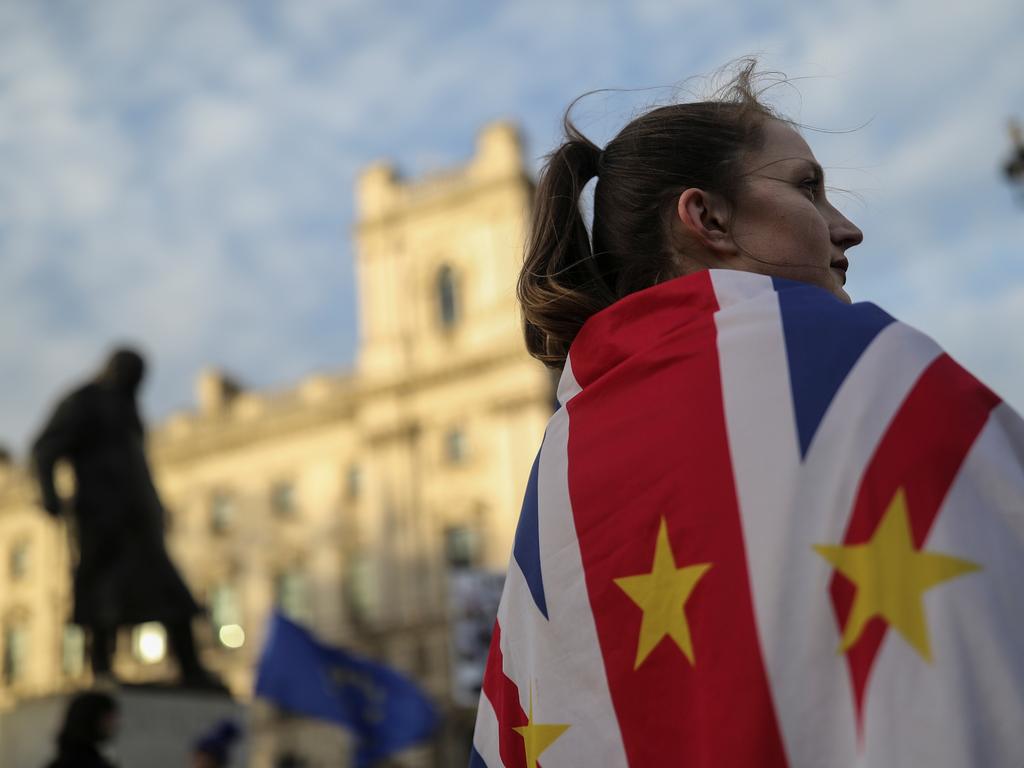


Well, Brexit has happened and the world has not come to an end. Then again, nor has Britannia returned to rule the waves.